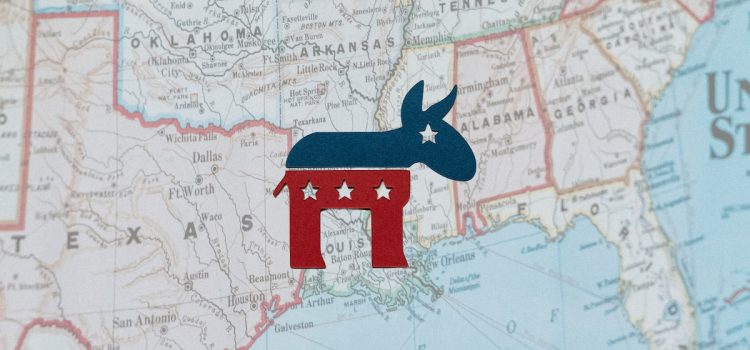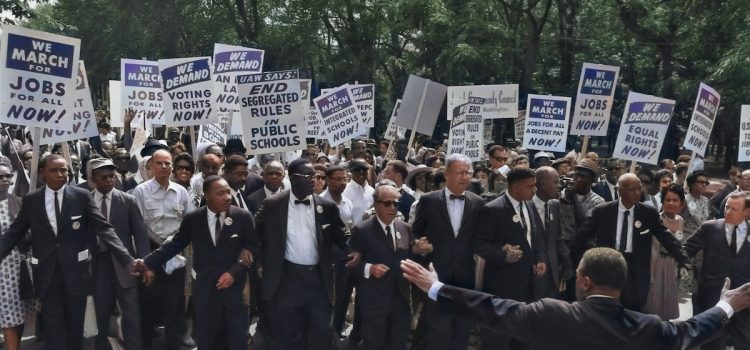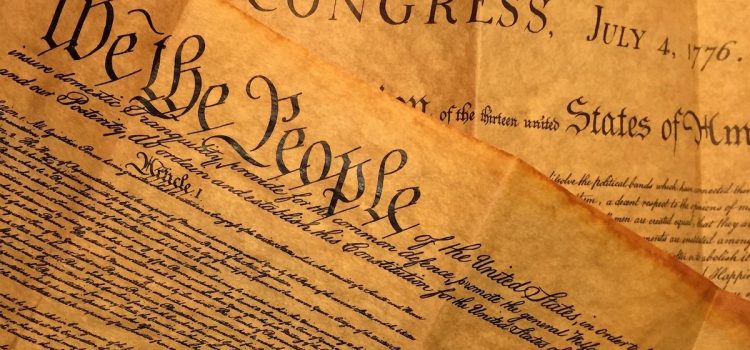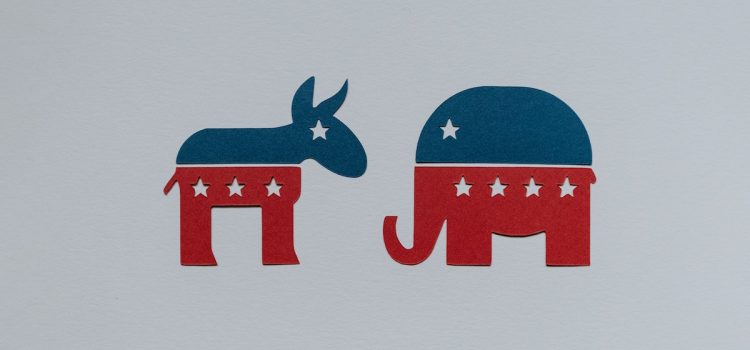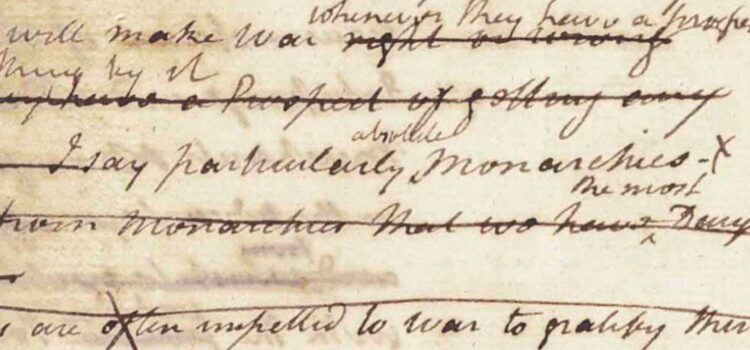What’s behind the growing trend of US states passing pay transparency legislation? Are the laws working as intended? What’s the future of pay transparency? A growing number of US states are implementing pay transparency laws, which require employers to list salary ranges on job postings. Though the laws have led to some improvements for workers and employers, they’ve also created some unintended, undesirable consequences. Below we’ll take a look at the pros and cons of pay transparency.
The Pros and Cons of Pay Transparency





